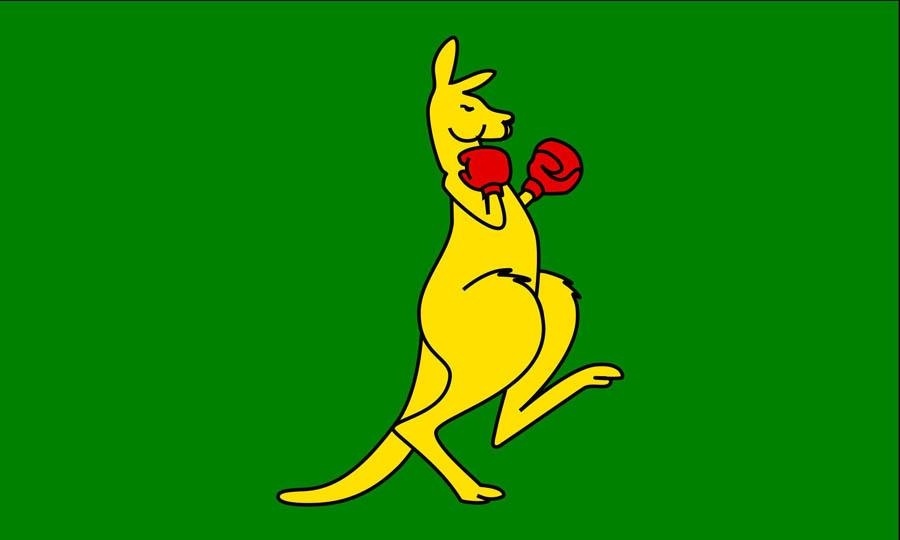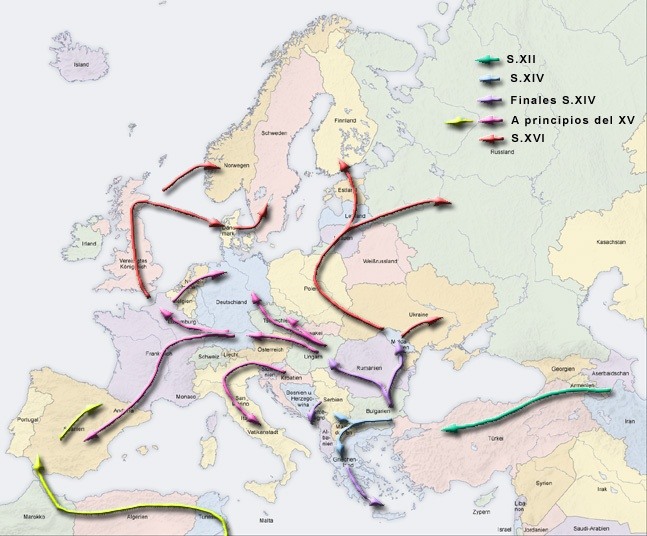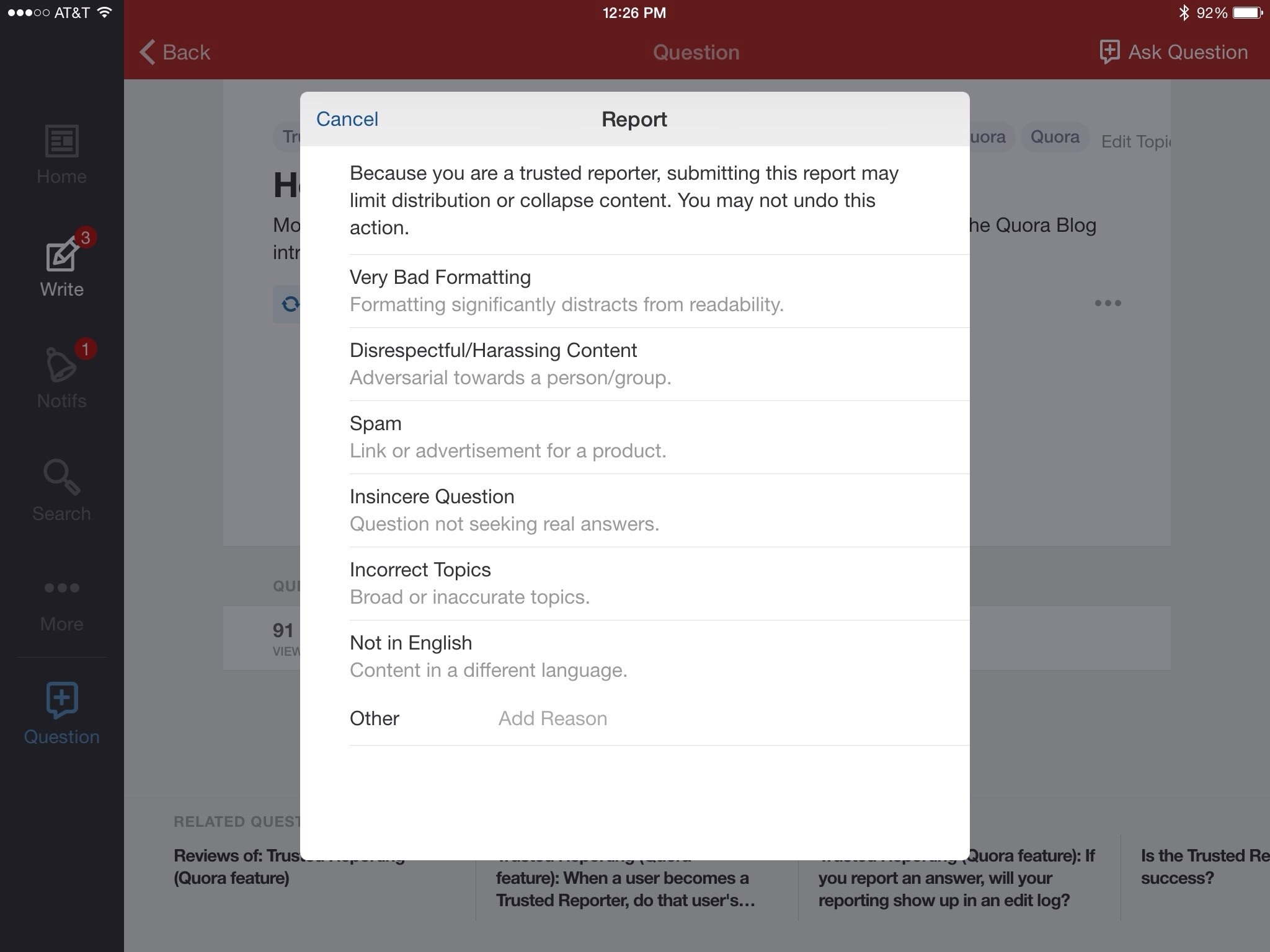How do Greeks say “Happy New Year”? Is there more than one way to say it?
Yup:
- Καλή Χρονιά, “Happy [New] Year” (the most frequent form)
- Καλή Πρωτοχρονιά, “Happy New Year’s Day!” (specific to the day)
- Ευτυχισμένο το Νέο Έτος, “May the New Year be Happy” (a more official formulation, of the kind you’ll see in writing or address to dignitaries)
Do Australians like being Australian citizens?
Take everything that Tracey Bryan said as read. Even if she does live in Brissie.
Why, yes. I like being an Australian citizen. Let me count the whys.
- I like that I get to be an Australian citizen, and not a British subject. I am happy that my country finally cut itself from the apron strings of Mother England. (It took a while.)
- I like that my Australianness gets to be defined by being an Australian citizen. I am happy that my country has embraced civic nationalism, and does not require a blood test for me to prove my bonafides; that no bastard gets to tell me they’re more Australian than me.
- I like that my country is multicultural. That (again, with a lot of pushing) it has become more open to different ways of cooking things, and conducting yourself, and (gradually) seeing the world.
- I like that my country has a culture; that cultural plurality has not led to cultural nullity. I love that we have a distinctive accent, and lifestyle, and popular culture, and shared mythology.
- I like that my country has learned to be skeptical of mythologies. At times, it looks like it needs reminding of it; but people are irreverent, and skeptical, enough of them are prepared to poke at sacred cows.
- I like that my country can still wave its flag: that its skepticism of mythologies has not turned it into Germany, terrified of saying anything good about itself. And I like that my country subverts its own flag, half the time waving the Boxing kangaroo instead of the Blue Ensign.

- I like that my fellow Australians can take the piss out of anything, and refuse to take themselves seriously. #censusfail, the grousing about the Bureau of Statistics allowing its online census to crash, became comedy gold—with Australian tweeters hoping that “Season 2 of #censusfail would be picked up on Netflix”.
- Including politicians: Kristina Keneally on Twitter (former premier of NSW, grew up in Toledo OH): “When my kids ask why I haven’t made dinner tonight, I’m going to tell them it’s not a failure, just a denial of service. #CensusFail”
- I like that my fellow Australians are secure enough to love their country even while acknowledging all that has gone wrong with it (as Tracey Bryan does here and elsewhere). That’s a mature nationalism you don’t see often enough in the world.
Can you follow root words and follow the immigration routes?
Famously, yes in the case of Romani:
http://am.uis.no/getfile.php/Ark…
Through the common vocabulary of all the Romani dialects, we can trace their migration from India, through Iran, Georgia and Armenia, to Greece/Anatolia, to Romania. After Romania there is a dispersal throughout Europe: there is no further common vocabulary between Romani dialects.

(from: Romani people, though this map seems to use historical and not just linguistic evidence)
What word (in any language) means “make it happen?”
In Klingon: yIqaSmoH.
Causative suffix there; languages with causatives will have one-word expressions for this.
What happen to the selections when you click on Quora’s report button? It seems to be missing?
What do the Turkish loanwords merak and meraklı mean in your language?
In Greek, μεράκι means:
- yearning
- love-sickness
- pride in one’s work (in the phrase με μεράκι “with merak”)
A μερακλής on the other hand is a bon vivant, a connoisseur, someone who knows how to have a good time and who appreciates the finer things in life.
And the verb μερακλώνομαι is to be in a euphoric mood, usually associated with drinking.
I’ll now defer to the definitions of the Triantafyllidis dictionary:
meraki:
- Intense desire: I have a ~ to go to Paris. If a child has no ~ for studying, don’t force him.
- Intense love and care for something, especially an activity: Old time craftspeople worked with ~, not robotically like modern builders.
- (plural) Intense pleasant sensation that comes from entertainment (cf. kefi): Tonight he drank a bit more and came to ~.
meraklis:
- Someone characterised by meraki, intense love or care for something. A ~ cook/barber/tailor/cabinetmaker. He is a ~ about his work; he doesn’t do anything shoddily. Retsina and meze fit for ~’s.
meraklono:
- To be overcome by a very intense pleasant feeling: He was ~-ed by the song and started dancing.
- To cause meraki in someone. The drink ~-ed him and he started singing.
- (passive) To have an intense desire for something: He ~-ed for a sweet/for a trip.
BTW, I’m OP, and I am going to formulate a grand unified theory of how the meanings grew when the answers come in.
Some linguists say there are 91 English spelling rules and some say there are none. Who is right?
Agreed with Brian (more or less). Despite the inconsistencies and hypercorrections and weirdness, English spelling is not random. If you see a new word, you have reasonable chance of coming up with a consistent pronunciation; and if you hear a new word, you have a (somewhat less) reasonable chance of coming up with a consistent spelling.
Language is a complex system. The rules aren’t as ironclad as the rules of mathematics (what real-world system’s rules are?) But what happens in language is not random either. There are known trends and tendencies in language, and rules can be formulated to account for them. It’s just that the outcomes are not fully predictable.
Spelling in English is an even more complex system than language, because it is more fragile, and subject to a wider range of pressures. Individual errors or wilfulness can have much more of an impact, deliberate antiquarianism can have much more of a say, and spelling gets stuck at a particular historical point more readily. But it’s still not random. It’s just far less predictable.
That does not mean you give up. It means you work harder, and give up and shrug only when you have to.
English spelling is maddening, and the more you learn about the history behind it, the madder you get. My latest exasperation: heaven could have ended up a long initial vowel (from the nominative hēven) or a short initial vowel (from the oblique hĕvenes). We pronounce it with a short vowel, and we spell it with a long vowel. Argh!
But I cannot accept that English spelling is boring. English spelling can teach us a lot.
Including how not to come up with a spelling system…
Is there a group of elite users controlling Quora?
Trusted Reporting (Quora feature)
Moderation at Scale: Distributing Power to More People by Marc Bodnick on The Quora Blog
Who are the Trusted Reporters on Quora?
People with a strong track record of frequent and accurate reporting will be treated by the system as trusted reporters. When trusted report is made, it will be prioritized for even faster review by Quora, and may even be collapsed or limited in distribution immediately. Since we review all reports, answers that were immediately collapsed will be checked after the fact.
Who the trusted reporters are is not clear, as with most things on Quora, but it is a far smaller group than Top Writers, and it was initially populated by former community admins.
This does not mean that the Trusted Reporters are able to use moderation to their own malicious ends; after all, all they get to do is report, and actioning the reports is still the job of, at different times, the inhouse Quora moderators, some outsourced shmuck in Bangalore, or some robotic version of Punxsutawney Phil. But as of January last year at least, there is an elite among power users when it comes to reporting.
EDIT: Well, the immediate collapsing bit is a kind of power; but it is putatively temporary.

From Garrick Saito’s answer to How do you tell if you are a trusted reporter?
Is Nick Nicholas or another Quoran, the perfect Greek and English bilingual?
You know, folks, I fancy myself a fairly arrogant SOB. I bristle when called Mr instead of Dr. I ego-surf. My wife says my wedding was a Nick party, with some whassaname chick in the background.
And I thank you both for the unsolicited testimonial. The answer though is no.
I am unusually fluent for a diasporan of the second generation, because I lived in Greece as a child and I have studied the language and literature. But as Greeks I have chatted to can attest (I’m looking at you, Dimitra Triantafyllidou), I have gaps in my vocabulary, and I do think in English. In fact, I remember the switch in my thinking language, after we moved back to Australia.
A longstanding regret I had was that I lack the confidence and cultural fluency to tell a funny story in Greek. It was a proud moment during my honeymoon, when I got drunk enough to tell my relatives the story of how Tamar and I got together.
Meanwhile, the linguistic and cultural fluency in English of my fellow Quorans in Greece is an ongoing source of delight.